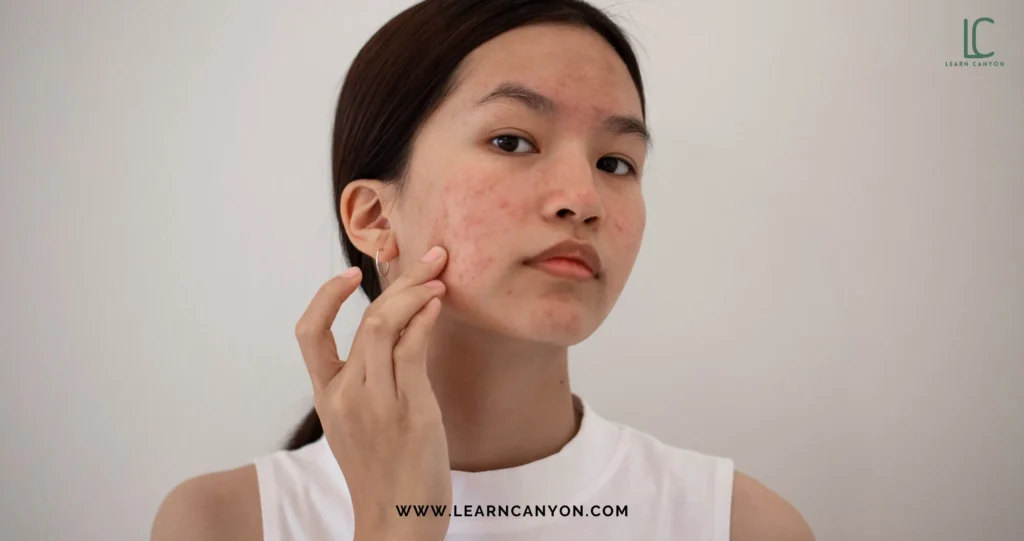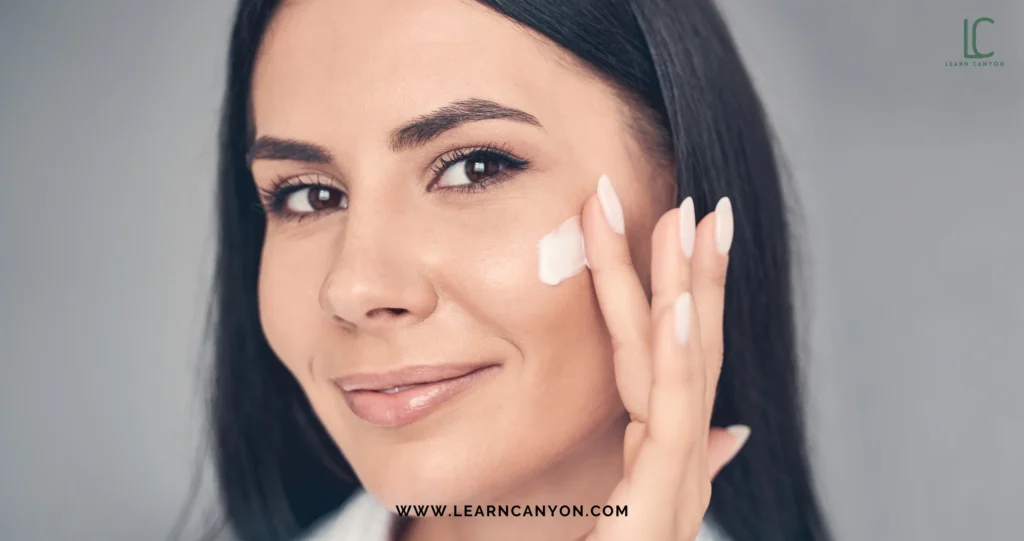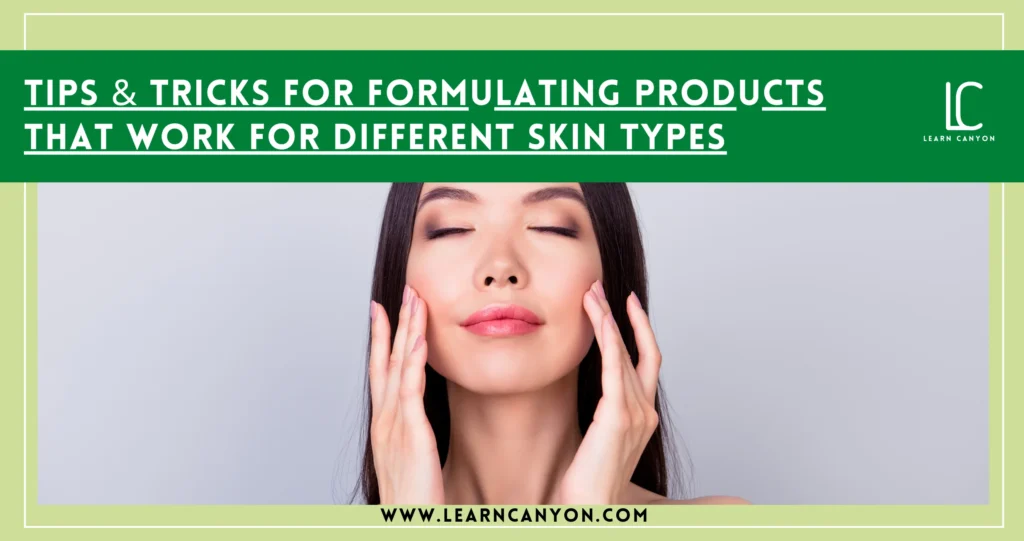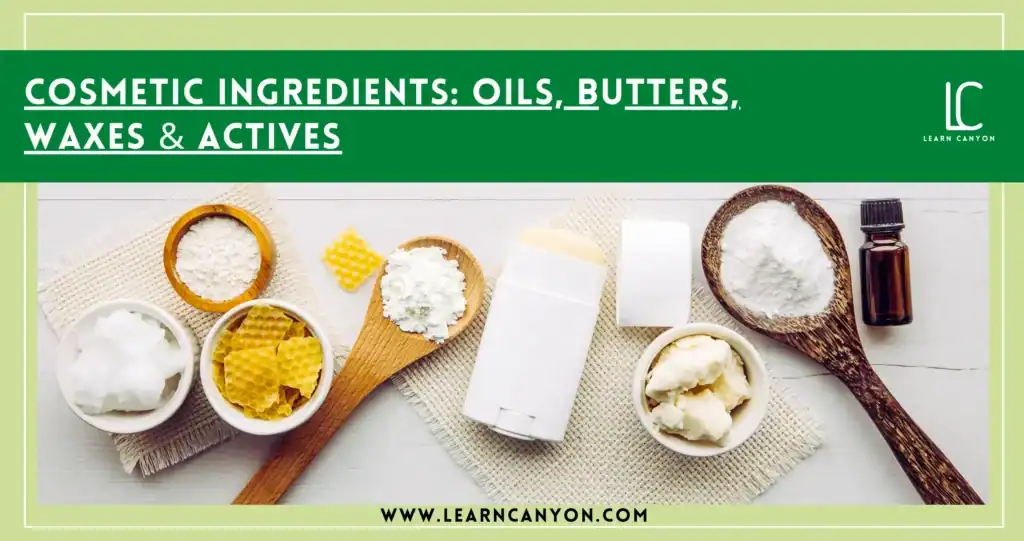It is important to remember that everyone’s skin is unique, and even people with the same skin type may have different skin care product preferences. Different skin types have different needs, and using products for oily and dry skin that aren’t designed for your skin type can irritate it or worsen it.
The advantages of developing products for various skin types:
Product effectiveness: Products designed for your specific skin type are more likely to address your skin concerns. If you have oily skin, for example, a cleanser designed for oily skin will be more effective at removing excess oil and dirt from your skin.
Products that are not designed for your skin type can irritate it or cause other issues. If you have sensitive skin, for example, using a product containing harsh chemicals can irritate it and cause redness, itching, or burning.
Skin health: Using skin-type-specific products can help to improve your overall skin health. If you have dry skin, for example, using a moisturiser designed for dry skin can help to hydrate your skin and keep it from becoming flaky or irritated.
How to determine skin type for Oily and Dry Skin
- Wash and pat dry your face with a gentle cleanser.
- Allow 30 minutes.
- Examine your skin.
Dry skin -if it feels tight or flaky.
Oily skin – if it feels oily.
Combination skin – if your skin feels tight or flaky in some areas and oily in others. Sensitive skin – if your skin easily turns red, stings, or burns.
Once you’ve determined your skin type, you can choose products that are tailored to it. This will help to ensure that your skin is well-cared for and that you are less likely to develop skin problems. Skin type can change over time and in response to environmental factors. In the winter, for example, your skin may become drier.
When formulating for different skin types, there are a few key considerations to keep in mind:
Skin pH: Skin’s outermost layer that protects it from the environment is thin and delicate. It is critical to select ingredients that are gentle and do not irritate the skin. The skin has a slightly acidic pH, it is critical to select ingredients that do not disrupt this pH.
Skin hydration: Different skin types require different levels of hydration. It is critical to select ingredients that will hydrate and moisturise the skin without irritating it.
Skin oil production: Different types of skin produce varying amounts of oil. It is critical to select ingredients that will aid in oil production while not stripping the skin of its natural oils.
Skin sensitivity: Some people have more sensitive skin than others. It is critical to select hypoallergenic and non-comedogenic ingredients.
Formulating for Oily Skin
Oily skin is characterised by an excess of sebum, an oily substance that protects and moisturises the skin. Too much sebum, on the other hand, can cause clogged pores, blackheads, whiteheads, and acne breakouts.
The needs of oily skin are:
Cleaning: Oily skin requires regular cleansing to remove excess oil and dirt. It is critical to use a gentle cleanser designed specifically for oily skin. Harsh cleansers should be avoided because they can strip the skin of its natural oils, causing it to produce even more.
Exfoliating: Because oily skin is prone to clogged pores, it is critical to exfoliate regularly to remove dead skin cells and keep pores clear. Exfoliating can also aid in the reduction of blackheads and whiteheads. It is critical to exfoliate oily skin with a gentle exfoliator that will not irritate the skin.
Moisturising: Although it may appear counterintuitive, it is critical to moisturise oily skin. Moisturising keeps the skin barrier healthy and prevents the overproduction of oil. When selecting a moisturiser for oily skin, look for a lightweight, non-comedogenic moisturiser that will not clog pores.
Sun Protection: Oily skin is more prone to sun damage, people with oily skin need to wear sunscreen. When selecting a sunscreen for oily skin, look for a lightweight, oil-free formula that will not clog pores.

Ingredients for formulating for oily skin
Oily skincare products should contain ingredients that help control oil production, unclog pores, and exfoliate the skin. The following are some of the most common ingredients used in skin formulations for oily skin:
Salicylic acid is a beta hydroxy acid (BHA) that exfoliates the skin and helps to unclog pores. It also helps to reduce inflammation and redness.
Benzoyl peroxide is an antibacterial agent that aids in the killing of bacteria that can cause acne breakouts.
Glycolic acid is an alpha hydroxy acid (AHA) that exfoliates the skin and removes dead skin cells. It can also aid in the reduction of fine lines and wrinkles.
Niacinamide: Also known as vitamin B3, niacinamide is a multi-tasking ingredient that can help control oil production, reduce inflammation, and improve skin barrier function.
Zinc is a mineral with anti-inflammatory and antibacterial properties. It can aid in the reduction of blemishes and the soothing of irritated skin.
Clays: Various clays can aid in the removal of excess oil and dirt from the skin.
Tea tree oil is an essential oil that has antibacterial and anti-inflammatory properties. It can be used to treat acne and soothe irritated skin.
Witch hazel is a natural astringent that can help tighten pores and decrease oil production.
It is also important to avoid using ingredients that are heavy or occlusive, as these can clog pores and make breakouts worse.
Tips for formulating lightweight, oil-free products
- Choose the appropriate ingredients. When creating lightweight, oil-free products, it is critical to use lightweight, non-comedogenic ingredients.
- Heavy oils and waxes should be avoided. Products with a lot of oils and waxes can feel greasy and heavy. It is critical to avoid using these ingredients when creating lightweight, oil-free products.
- Hyaluronic acid is a humectant that aids in the hydration of the skin. It is lightweight and non-comedogenic, making it an excellent choice for oil-free products.
- Glycerin: Glycerin is another humectant that aids in skin hydration. It is also lightweight and non-comedogenic, making it an excellent choice for oil-free products.
- Aloe vera is a natural ingredient that has soothing and hydrating properties. It is also lightweight and non-comedogenic, making it an excellent choice.
- Water is the primary ingredient in the majority of lightweight, oil-free products.
- Emulsifiers: A wide range of emulsifiers can be used to create lightweight, oil-free products. Cetearyl Olivate and Sorbitan Olivate are two common emulsifiers.
- Preservatives: A wide range of preservatives can be used to create lightweight, oil-free products. Phenoxyethanol and Ethylhexylglycerin are two common preservatives.
Formulating for Dry Skin
A. Understanding the unique needs of dry skin
Dry skin is characterised by a lack of moisture and oil. This can result in tight, flaky, and itchy skin. Dry skin is more susceptible to environmental factors like cold weather and dry air.
The unique needs of dry skin are:
Moisturization: To add moisture and seal it in, dry skin should be moisturised regularly. Look for moisturisers with humectants like hyaluronic acid and glycerin to attract water to the skin, as well as emollients like ceramides and squalane to lock in moisture.
Cleansing gently: Avoid using harsh cleansers that can strip the skin of its natural oils. Choose gentle cleansers that are fragrance-free and non-comedogenic (will not clog pores).
Exfoliation: Gentle exfoliation can help remove dead skin cells and reveal fresh, new skin beneath the surface of dry skin. Scrubs that are too harsh can irritate the skin. Instead, use a gentle exfoliator, such as a lactic acid or glycolic acid-based chemical exfoliator.
Sun protection: Wearing sunscreen every day is important regardless of skin type, but it is especially important for people with dry skin. The sun can dry out the skin and aggravate dryness. Look for a broad-spectrum sunscreen with an SPF of 30 or higher.

Key ingredients for formulating for dry skin
Key ingredients for skincare product formulation include those that hydrate and moisturise dry skin, as well as those that help to strengthen the skin barrier. The following are some of the most common ingredients found in dry skin formulations:
Humectants are ingredients that attract moisture to the skin.
Emollients: Emollients are skin-softening and smoothing ingredients.
Occlusives are ingredients that form a skin barrier to prevent moisture loss.
Niacinamide (vitamin B3) is a multi-tasking ingredient that can help to strengthen the skin barrier, reduce inflammation, and improve skin texture.
Panthenol, also known as provitamin B5, is a soothing and moisturising ingredient that can improve skin barrier function while also reducing redness and irritation.
Allantoin is a soothing and healing ingredient that can aid in the reduction of inflammation and redness.
Muesli is a soothing ingredient that can help to soothe and relieve irritated skin.
It is also important to avoid using ingredients that are harsh or drying, such as alcohol and denatured alcohol.
Tips for formulating rich, nourishing products
It is important to select ingredients with hydrating, moisturising, and nourishing properties. The following are some popular ingredients for rich, nourishing products
- Humectants, such as hyaluronic acid, glycerin, and propylene glycol, attract water to the skin.
- Emollients: Emollients, such as ceramides, squalane, and shea butter, soften and smooth the skin.
- Occlusives: Occlusives, such as petrolatum, lanolin, and beeswax, form a barrier on the skin to prevent moisture loss.
- Natural oils, such as jojoba oil, argan oil, and rosehip oil, are high in nutrients and can help to nourish the skin.
- Make use of a variety of ingredients. It is critical to use a combination of ingredients in your rich, nourishing products to achieve the best results. Humectants help to attract water to the skin, emollients soften and smooth the skin, occlusives help to prevent moisture loss, and natural oils nourish the skin.
- Think about the texture. The texture of your nourishing, rich products is important. If you’re creating a face product, you might want to go with a lighter, more fluid texture. If you’re creating a body product, you might want to go with a richer, thicker texture.
- Skin can be nourished by vitamin E and fatty acids.

Conclusion
Normal skin is typically well-balanced and does not have any specific issues. When creating a formula for normal skin, it is critical to use gentle, non-irritating ingredients.
Dry skin lacks oil and moisture, causing it to feel tight, flaky, and itchy. When creating a formula for dry skin, it is critical to select ingredients that will help to hydrate and moisturise the skin. Humectants like hyaluronic acid and glycerin are excellent ingredients for dry skin.
Oily skin produces a lot of oil, which can cause clogged pores, blackheads, and whiteheads. When creating a formula for oily skin, it is critical to select ingredients that will help control oil production and unclog pores. Salicylic acid and benzoyl peroxide are both effective ingredients.
Carry out Experiments
I strongly advise you to experiment with skincare products and tailor them to your specific needs. There is no such thing as one formula that suits different skin types, and what works for one person may not work for another. It is critical to find products that are suitable for your specific skin type and concerns.
Tips for experimenting with skincare products:
- Start with a simple routine. Don’t try too many new products at once, as this can confuse you. Start with a basic formulation. Once your formulation is perfect, you can start other products, such as a toner, serum, or exfoliator.
- Pay attention while weighing.
- Pay attention to how your skin reacts to different batches.
- Be patient. It takes time to develop the right skincare formula. Don’t get discouraged if you don’t see results immediately. It may take a few weeks or even months to find the products that work best.
- Consider your skin concerns. What are your main skin concerns? Are you trying to reduce acne, fade dark spots, or prevent wrinkles? Choose ingredients that are specifically designed to address your concerns.
- Combine products. You can combine different skincare ingredients to create a synergistic effect that is tailored to your individual needs.
It is important to note that I am a Cosmetologist with more than 20 years of experience in R & D & production, and I am trained in Cosmetic Science & Technology. Therefore, I can provide how to make creams, lotions etc.
If you have any specific skin concerns or sensitivities, I recommend that you see a dermatologist. A dermatologist can evaluate your skin type and concerns and recommend the best products and treatments for you.












1 thought on “Formulating Products for Oily and Dry Skin: Tips and Tricks”
measuring scale is shown eg tea tree how drop clay zine b3 glycolic acid benzoyl peroxides salicylic acid hoping this will help me i have no website